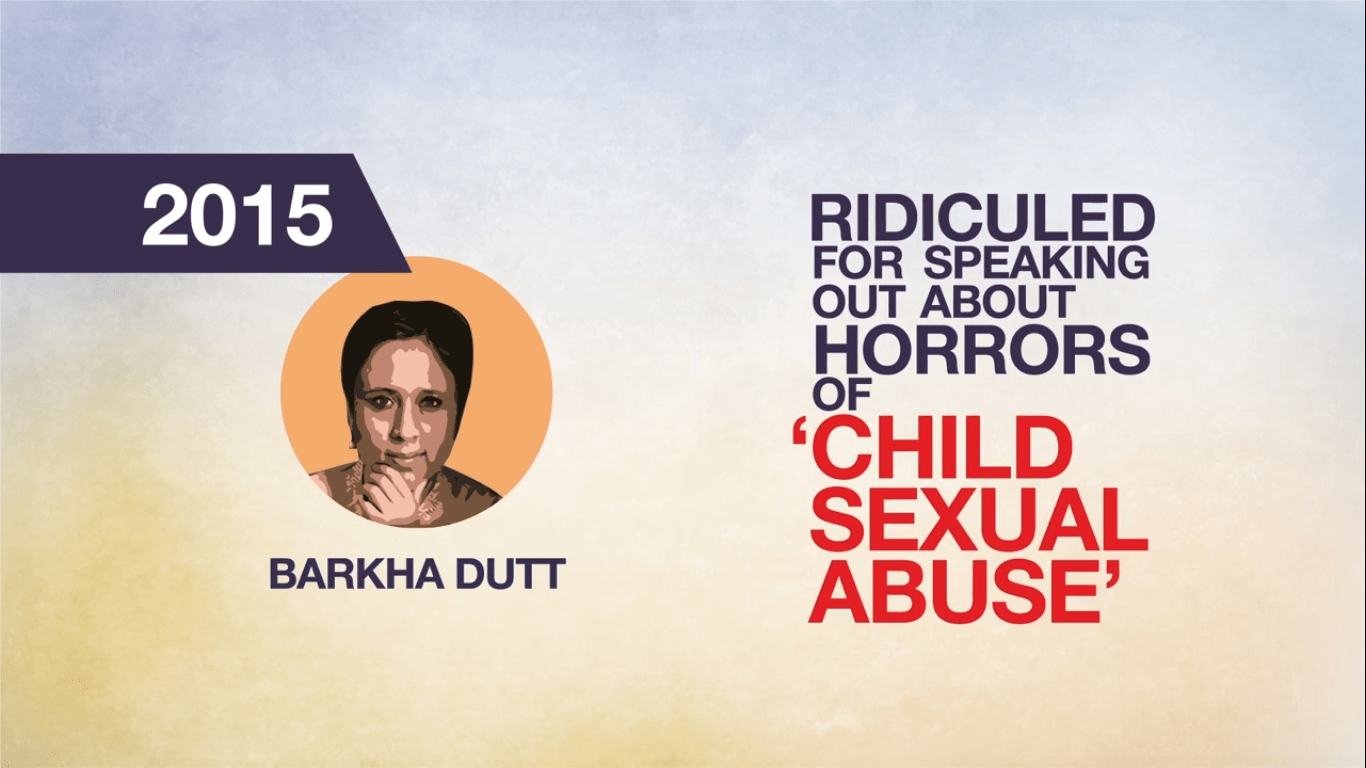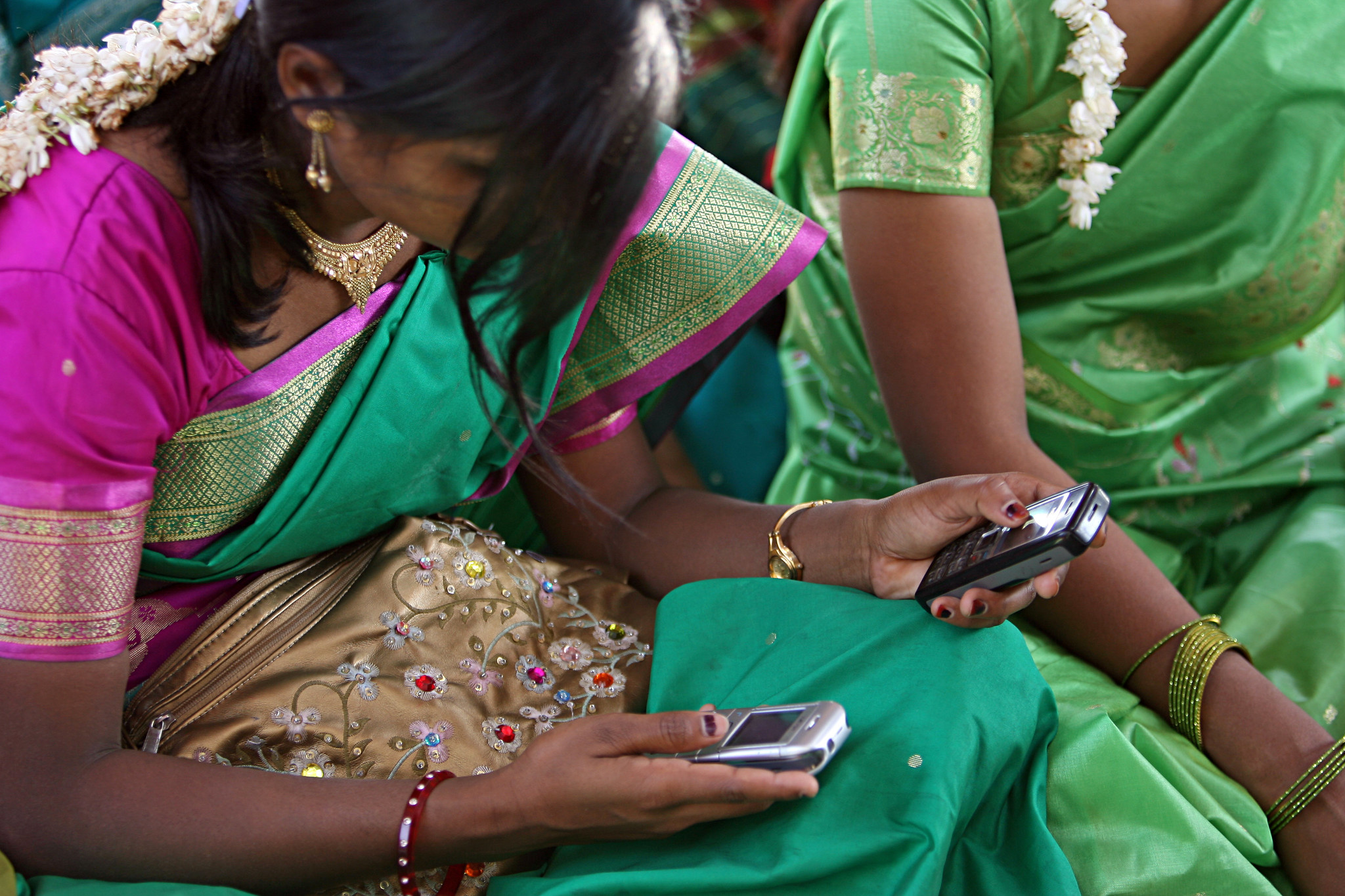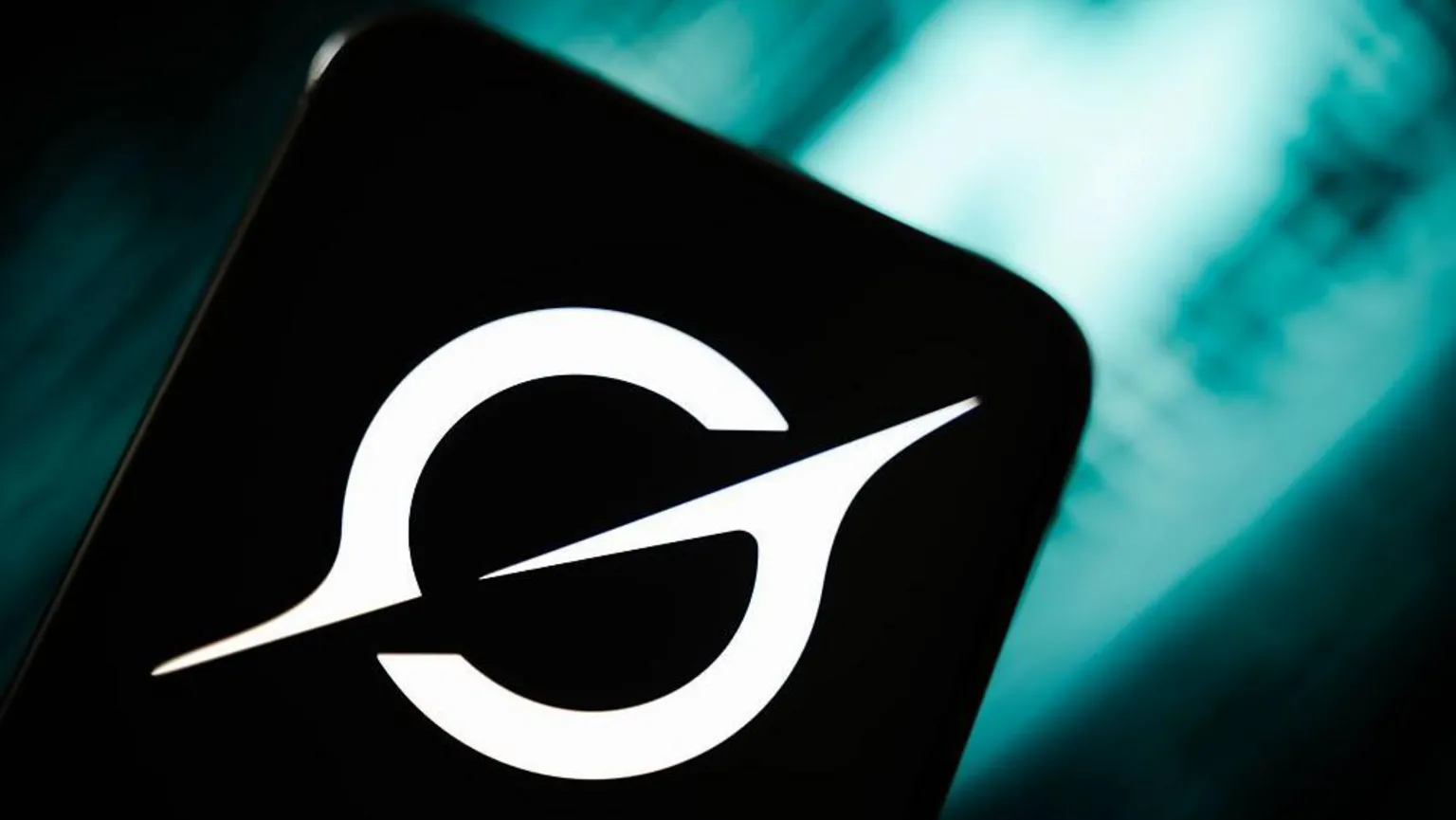Social media is a double-edged sword. If it gives you a space to express yourself, it also creates space for people to respond violently to your thoughts. If it gives you anonymity, it also gives abusers anonymity. Women in India have seen both edges of this sword. Online harassment against women has become as common as street harassment in the offline world. Online harassment also includes cyberstalking that undermines women’s online and offline security. Misogynists and Right-wing nationalists often respond to online content from women with contemptuous threats and sexist verbal abuse. In response, dismissive authorities feign concern by advising women to refrain from using their real names or posting pictures of themselves. Thus, the task of internet safety often wrongfully falls on victims rather than abusers.
The rise of the Bharatiya Janata Party, which came to power in the 2014 general election and espouses Hindu nationalism, has been accompanied by an increase in online abuse against a range of targets, from “liberal and secular” journalists to activists and women from historically marginalized caste groups.
Since 2012, news reports have documented at least ten cases of high profile Indian women harassed for expressing their views on Twitter or Facebook, some on multiple occasions.
- In 2012, multiple Twitter users threatened Indian writer, poet and activist Meena Kandasamy after she discussed a beef-eating festival in the southern city of Hyderabad using her personal Twitter account. (The Hindu community considers cows sacred) Kandasamy was threatened with acid attacks and televised gang rape. Kandasmay is Dalit, a lower-status group according to the Hindu caste system, and the festival was organized by a marginalized caste group.
- In 2013, Indian journalist Sagarika Ghose was threatened with rape by Twitter users who discovered and published her daughter’s name and school. Ghose said the tweets came from right-wing nationalists targeting “liberal and secular women.” Ghose subsequently stopped sharing her personal views on Twitter.
- Kavita Krishnan, a prominent Delhi-based women’s rights activist, was harassed during a 2013 online chat about violence against women on news website Rediff by a person using the handle @RAPIST, until she exited the discussion.
- Separately, in 2015, Krishnan and Indian actress Shruti Seth both criticised the prime minister’s social media initiative #SelfieWithDaughter, in which he called on fathers to share photos of themselves with their daughters to promote education for girls. Both were sent abusive language and violent threats on Twitter.
- Rega Jha, Buzzfeed’s India editor, was subject to rape threats after she praised Pakistani players on Twitter during a 2015 India-Pakistan cricket match. Many Indian men sent participated in the abusive comments, including writers Chetan Bhagat and Suhel Seth. India and Pakistan have had a tense relationship since the partition of India in 1947.
- Journalist Barkha Dutt has been called India’s most trolled woman. Abuse of Dutt, who is routinely harassed for her online comments, escalated on Twitter and Facebook in December 2015 after she described being sexually abused as a child in her book This Unquiet Land. Among other abusive terms, critics called her “antinational,” a right-wing slur.
- In 2015, Media One Group journalist V.P. Rajeena from the southern state of Kerala, published a personal account of child sexual abuse at a Sunni religious school in the southern city of Kozhikode on Facebook. Over 1,700 Facebook users shared her account, but it also attracted abuse from members of the Muslim community, many of whom reported her Facebook account for violating community guidelines, with the result that it was temporarily blocked.
- In a series of incidents in 2015, Facebook users attacked Indian social activist Preetha G. Nair, first for criticising G. Sudhakaran, a leader of the Communist Party of India, and then the India’s late President APJ Abdul Kalam. Trolls attempted to hack her account, created a fake Facebook profile depicting her as a sex worker, and directed sexualized abuse at her children. Facebook temporarily suspended her profile after one of her abusers reported her for violating their real name guidelines, since Preetha had withheld her last name, which indicates her caste.
- Singer Sona Mohapatra found herself being attacked by online trolls after she criticised Bollywood actor Salman Khan for using the analogy of rape for his gruelling shooting schedule. “Women thrashed, people run over, wild life massacred and yet #hero of the nation. ‘Unfair’. India full of such supporters,” Sona tweeted.
US-based Indian woman Taruna Aswani took on her cyber blackmailer with a public Facebook post that went viral and eventually helped in nabbing the blackmailer.
Read more on FII’s report on cyber violence against women here. Watch the highlights of the research findings in this video.
https://www.youtube.com/watch?v=gn1wtNDwhmg
Disclaimer: This list is in no way exhaustive, but only shows how online harassment against women is a global issue.
About the author(s)
Japleen smashes the patriarchy for a living! She is the founder-CEO of Feminism in India, an award-winning digital, bilingual, intersectional feminist media platform. She is also an Acumen Fellow, a TEDx speaker and a UN World Summit Young Innovator. Japleen likes to garden, travel, swim and cycle.




